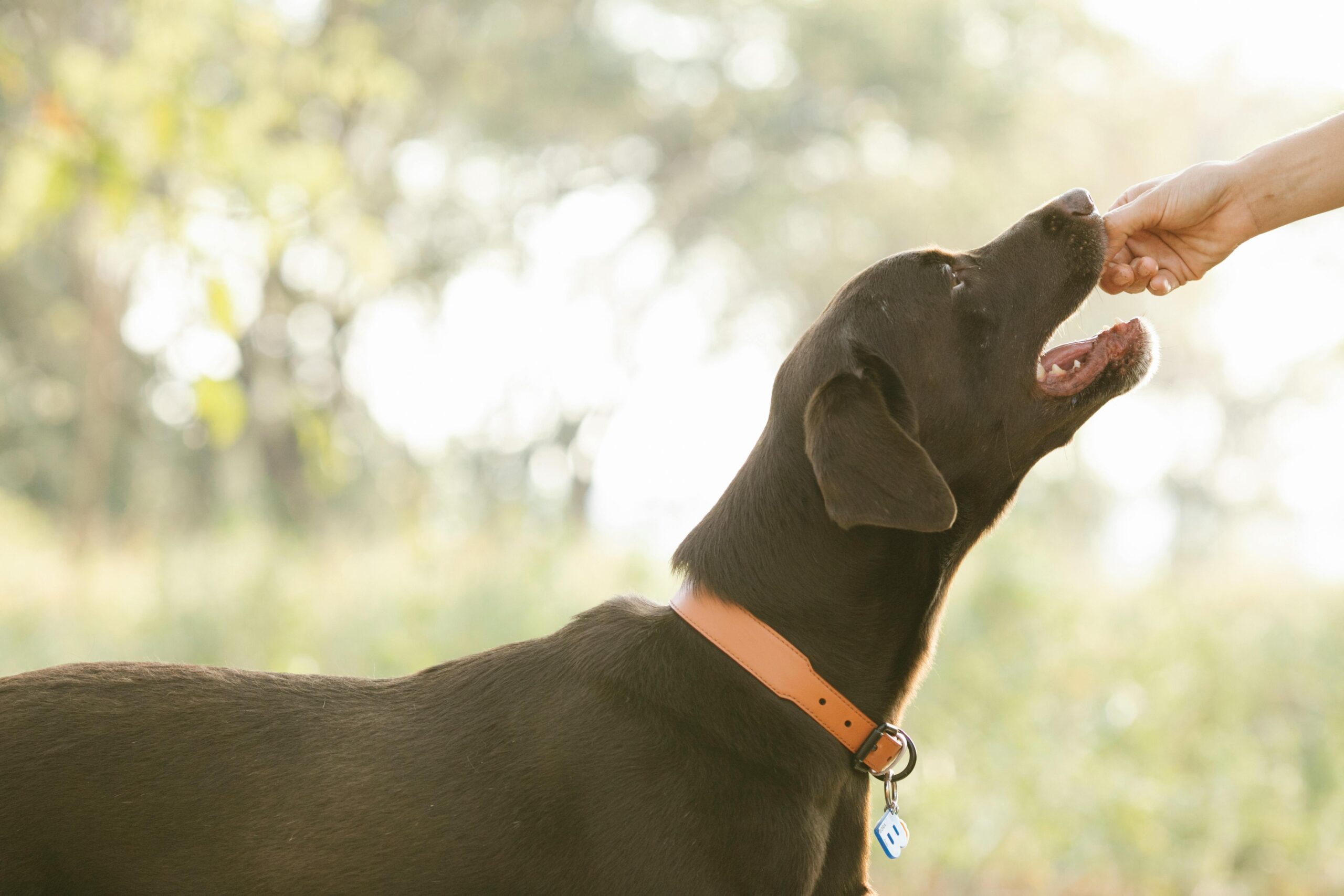
Cancer is a challenging diagnosis for any pet owner to hear. While traditional treatments such as surgery, chemotherapy and radiation are commonly employed, diet and nutrition play a crucial role in supporting a dog with cancer. Proper nutrition can enhance the quality of life, strengthen the immune system and potentially improve treatment outcomes for canine cancer patients. In this post we’ll explore how diet and nutrition can aid in supporting dogs with cancer.
Understanding the Importance of Nutrition in Cancer Care
Nutrition is vital for all living beings, but it becomes especially crucial when a dog is battling cancer. Cancer can cause metabolic changes that affect how your dog’s body uses nutrients. Additionally, treatments for cancer can lead to side effects such as loss of appetite, weight loss, and gastrointestinal issues. Therefore, providing a balanced and supportive diet is essential to help your dog maintain strength and vitality.
Key Nutritional Considerations
High-Quality Protein
Protein is essential for tissue repair and immune function. Dogs with cancer may have increased protein needs to counteract muscle wasting. High-quality protein sources such as chicken, turkey, fish and eggs can be beneficial. It’s important to ensure the protein is easily digestible to avoid overburdening the digestive system.
Healthy Fats
Cancer cells primarily metabolise carbohydrates for energy. By reducing carbohydrate intake and increasing healthy fats, you can potentially slow the growth of cancer cells. Omega-3 fatty acids, found in fish oil and flaxseed, are particularly beneficial due to their anti-inflammatory properties.
Low Carbohydrate
A low-carbohydrate diet can be helpful since cancer cells thrive on glucose. Reducing carbohydrates can potentially starve cancer cells and slow their growth. Focus on low-glycaemic vegetables and avoid grains and sugary foods.
Antioxidants
Antioxidants help protect the body from damage by free radicals, which are often elevated in dogs with cancer. Foods rich in antioxidants include blueberries, spinach, carrots, and kale. Supplementing with vitamins C and E can also be beneficial, but always consult with a veterinarian before adding any supplements to your dog’s diet.
Fibre
Fibre supports digestive health, which can be particularly important if your dog is experiencing gastrointestinal side effects from cancer treatment. Pumpkin, sweet potatoes and green beans are good sources of fibre.
Hydration
Maintaining proper hydration is crucial, especially if your dog is experiencing vomiting or diarrhea. Ensure your dog always has access to fresh water. Broths and moist foods can also help keep your dog hydrated.
Tailoring the Diet to Individual Needs
Every dog is unique and their nutritional needs can vary based on the type and stage of cancer, as well as their overall health and any concurrent treatments they are receiving. Working closely with a veterinarian or a veterinary nutritionist is essential to develop a tailored diet plan. They can help you determine the appropriate balance of nutrients and recommend specific foods or supplements that may benefit your dog’s condition.
Conclusion
Supporting a dog with cancer through proper diet and nutrition can significantly impact their quality of life and potentially improve their response to treatment. By focusing on high-quality proteins, healthy fats, low carbohydrates, and essential nutrients, you can provide the nutritional support your dog needs during this challenging time. Always work closely with your veterinarian to develop a diet plan tailored to your dog’s specific needs and condition. With the right nutritional support, you can help your furry friend stay strong and comfortable as they fight cancer.
Please get in touch, we want to hear from you!